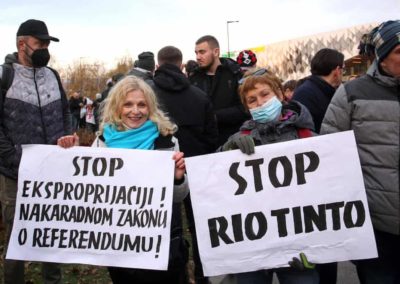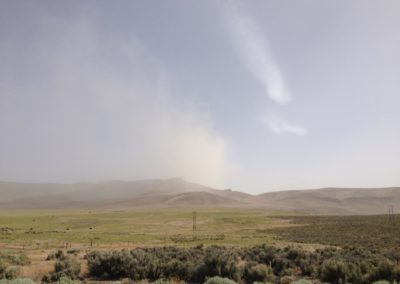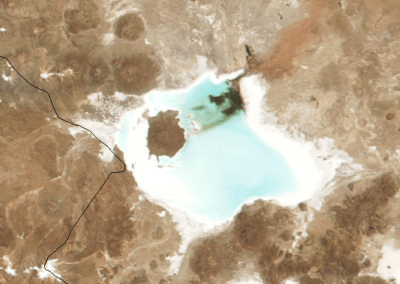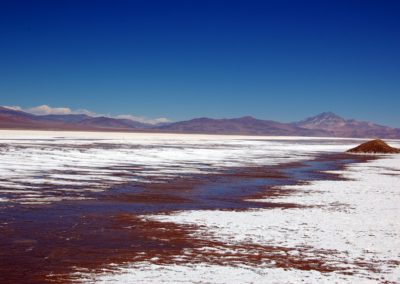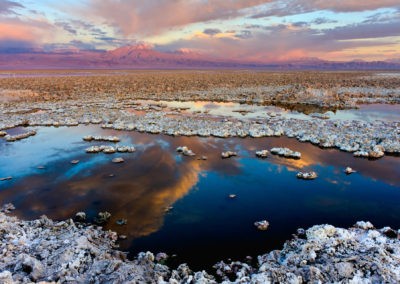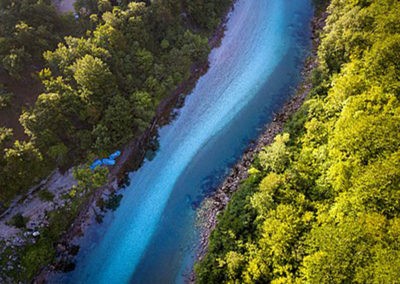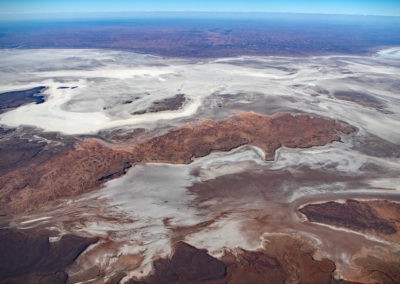LITHIUM COMMUNIQUÉ
Is Australian Lithium the Answer to Zero EmissionThe following communiqué, Is Australian Lithium the Answer to Zero Emissions? (22 September 2021) was co-written by Aid/Watch Committee of Management member Claire Burgess and Liz Downes from Melbourne Rainforest Action Group (MRAG). Aid/Watch Campaign Coordinator, Nat Lowrey was contributing author.
Endorsed by Melbourne Rainforest Action Group (MRAG) and Aid/Watch who are members of Australian Mining Energy Justice Transition network and the Yes to Life No to Mining this statement supports the YLNM Lithium Communique #1: On the Frontlines of Lithium Mining that was launched on 22 September 2021.
*For statement with full references please download here
View and download Copper Communiqué
Mining context in Australia
Australia is a core player in the global mining industry – dominating 40% of total market share – with operations domestically and overseas. Some of the largest companies in the world hail from Australia, including RioTinto and BHP. Extractive settler-colonial narratives have held sway since the expropriation of First Nations lands by the British empire in 1788, shaping politics and national identity in Australia. Mining since the 1840s has been relied upon as a key driver of the Australian economy.
Mining concerns in Australia include failures to respect Indigenous rights, polluted waterways, land clearing and the legacy issues of abandoned mining sites and communities. First Nations groups have a history of resisting mining, leading to a number of native title disputes with mining companies. First Nations groups’ access to, and control over, areas of cultural significance is often negotiated through land use agreements. Furthermore, Native Title law does not allow First Nations people to say no to mining or exploration.
Impacts of mining in remote communities have been devastating to cultural continuity and spiritual practices due to the landscape disruptions of sacred sites and the socio-cultural impacts of mining activities in close proximity to remote communities. Events such as Rio Tinto’s destruction of a 46,000 year old sacred site at Juukan Gorge continue to occur.
Image below: Greenbushes mine next to its namesake town in South West WA, it is like the ‘Kalgoorlie Super Pit of lithium’. Pic: Google Earth
‘Green’ Lithium and Australian (ASX) Companies
Australia is the world’s largest producer and exporter of lithium, supplying 54.4 percent of the total market in 2019. 95% of Australia’s ore based raw material is exported to China – already contributing to the ‘clean tech’ battery transition. The largest hard rock lithium reserve in the world is located in Western Australia (WA), known as Greenbushes where new exploration is emerging. This area contains a river that is considered a sacred site by the First Nations Noongar people.
Australian (ASX) lithium companies are rushing to take advantage of the hikes in prices and increasing demand for this mineral driven by the massive industrial shift to electrification of personal vehicles containing lithium-ion batteries, in response to new climate policies in the US, EU and China. Most lithium exploration and project sites are situated in WA, SA, NT and QLD. A flurry of new companies have been granted licences for exploration, as showcased at a recent ‘New World Metals’ industry conference.
Australia’s key market competitors are located in the ‘lithium triangle’ spanning across Bolivia, Argentina and Chile, where the mineral is drawn out of the region’s salt lakes. Promoters of Australian lithium maintain that hard rock lithium is more ‘environmentally friendly’ than Latin American markets. Regardless of this, Australian companies are currently expanding into Argentina (Orocobre/Allkem), Germany (Vulcan Energy) and Serbia (Rio Tinto), resulting in new environmental and human rights concerns on top of existing legacy issues.
Policy context - lithium
The ‘clean energy’ transition has been marketed as the dominant technological mitigation approach to address climate change. Thus, several wealthy nations have released policy platforms that incentivise a rapid shift from fuel intensive to material intensive energy systems where lithium is playing a key role. The potential for negative consequences on human rights and ecological systems from the expansion of mining activities to meet the massive demands has yet to be adequately factored into these new green economic policies.
Australia has a political and economic environment that is largely supportive of hard rock mining – companies are unlikely to be held accountable for continued destructive practices. The revolving door between resource-based government officials and the Australian Minerals Council, a powerful lobby group, is well known.
Influenced by the large profits from emissions heavy extractive industries such as coal and iron ore, the federal government has lagged behind other western democracies in implementing policies that support a ‘clean energy’ transition, leading to a number of legal cases. The latest ‘Critical Minerals’ report refers to Australia as playing a ‘lead role’ in supplying raw materials, particularly lithium, for global technology markets. In the key mining state, WA, a Future Battery Industry Strategy was announced in 2019 to foster investment in lithium for the global market and expand refining capacities.
Principles towards a just transformation
In support of the Lithium Communique #1: On the Frontlines of Lithium Mining, Yes to Life No to Mining (YLNM) Australian member groups, Melbourne Rainforest Action Group (MRAG) and Aid/Watch are calling for a dialogue on the drastic expansion of mining in the name of ‘Green Energy’ and ‘Green Extractivism’.
We challenge the idea that a ‘just transformation’ and emissions reductions can be achieved simply by replacing one form of mining with other forms of mining.
We advocate for Alternatives to Green Extractivism including a massive reduction in the (over)consumption of minerals, metals and other non-renewable materials extracted from the Earth.
We acknowledge that these alternatives must include listening to and supporting Indigenous and local community practices and knowledge systems in protecting our lands and waters for future generations.
We envision a transformation towards a future guided by the prioritisation of the Rights of Communities and the Rights of Nature.
We support the YLNM Lithium Principles and Demands towards a Just Transition:
- Reduce demands for materials and energy. We must pursue policies and practices that aggressively reduce consumption, and unfettered economic growth, and instead promote and support public transportation, develop and provide other alternatives to individual vehicle travel, and design-level attention to repair, reuse and recycling of battery and other products.
- Promote unbiased assessment of mining proposals for frontline communities. Communities must be able to fully understand the consequences of a proposed mine project: to be able to evaluate what changes to the mine may be required in order to meet the needs/interests of the community, if they are to agree to its implementation, or determine if there is no acceptable mine plan.
- Recognise that communities have the Right to Say No. Front-line communities bear the effects of a mine into the future for the sake of the global community. After a fully informed independent assessment, they should still be afforded a legal right to refuse hosting a proposed mining operation.
- Address climate change from a holistic and environmental justice perspective towards a just transformation. Mining is inherently destructive including hampering the ability of nature to moderate climate, loss of valuable biodiversity, and disproportionately affecting certain communities. All of these must be acknowledged and meaningfully addressed in climate action policy and practice.
- End corporate impunity. Promote legally binding treaties on business and human rights, ensure robust consultation obligations and compliance mechanisms that carry legal sanction and fiscal penalties if not met in full, and enforce meaningful regulatory limits for environmental and social protection to the highest standards.


